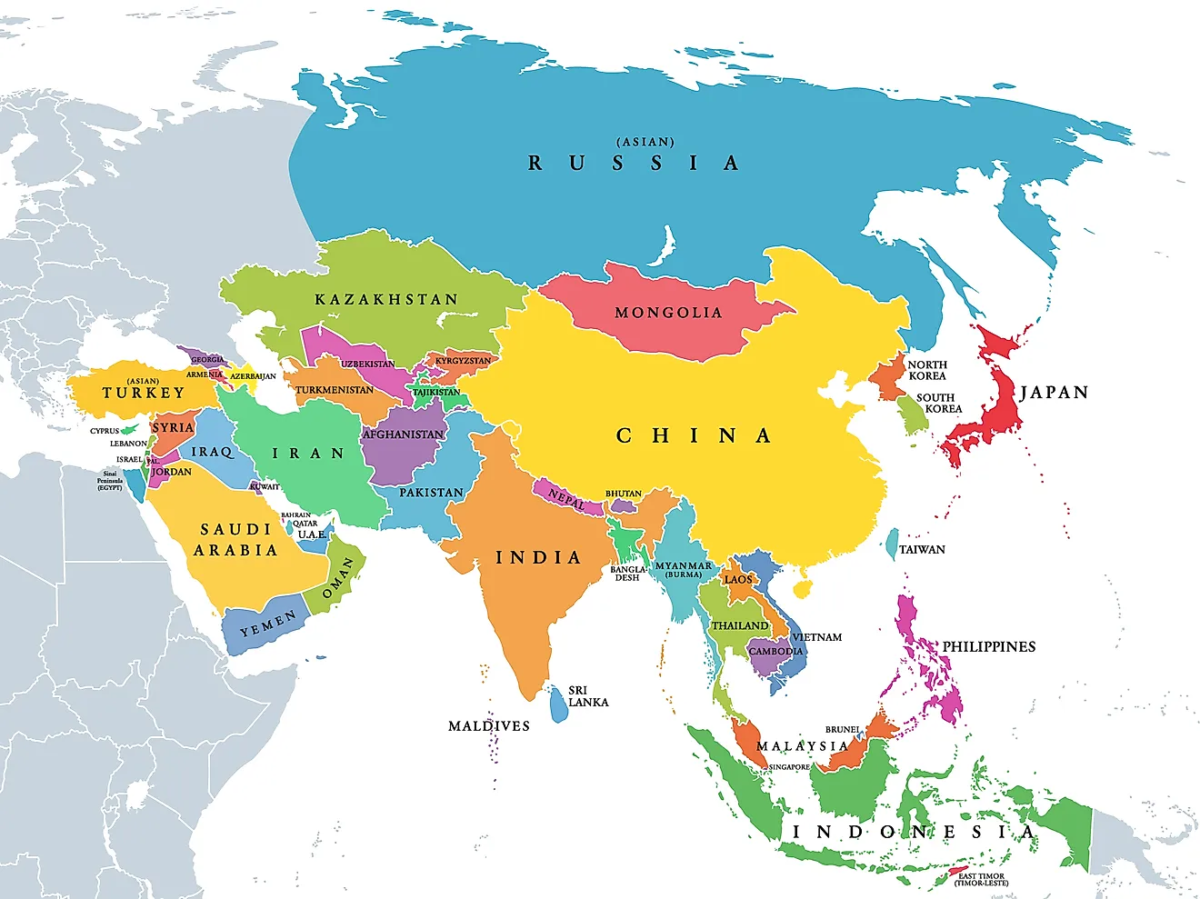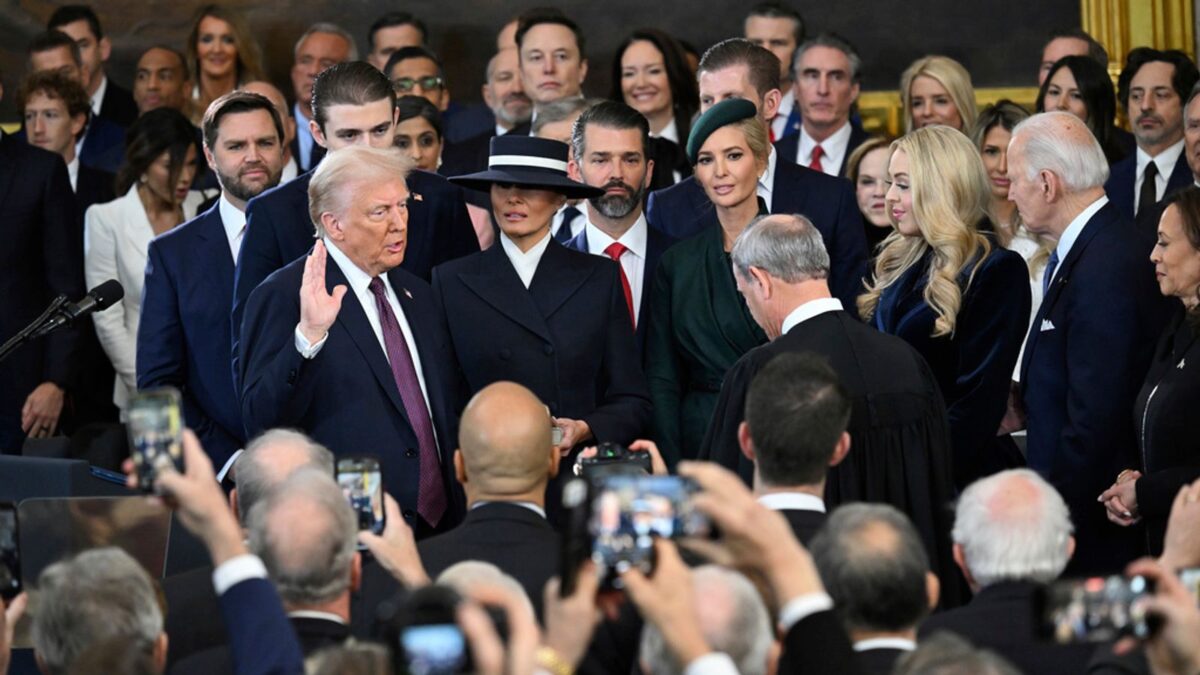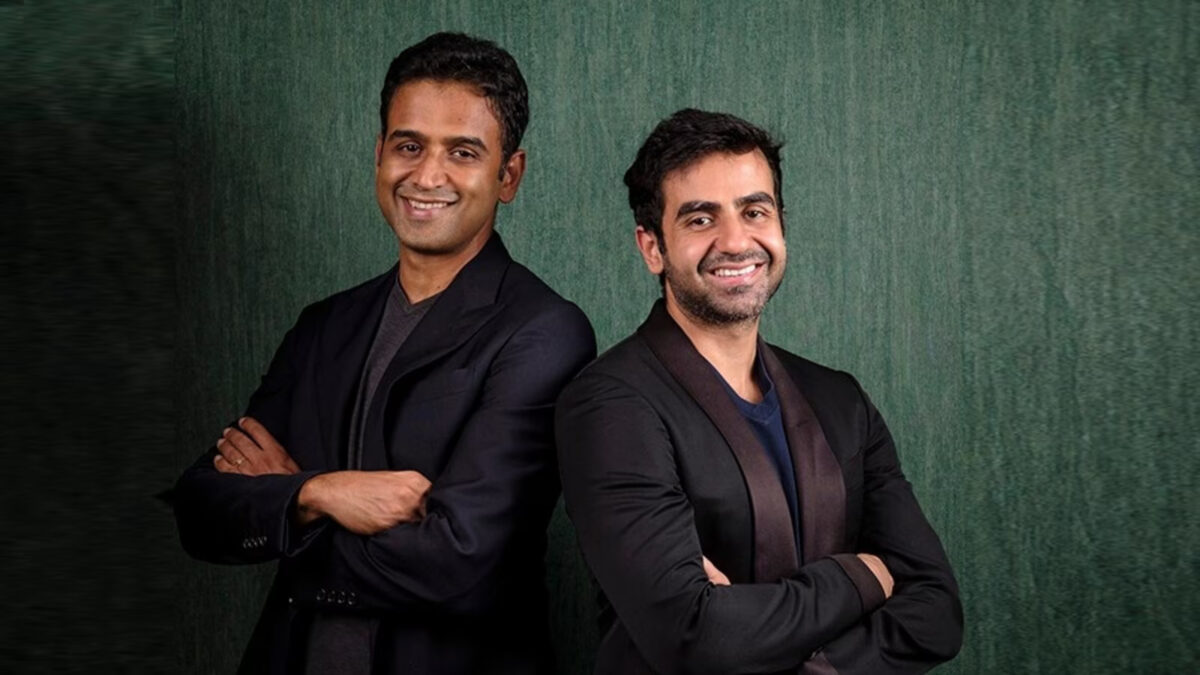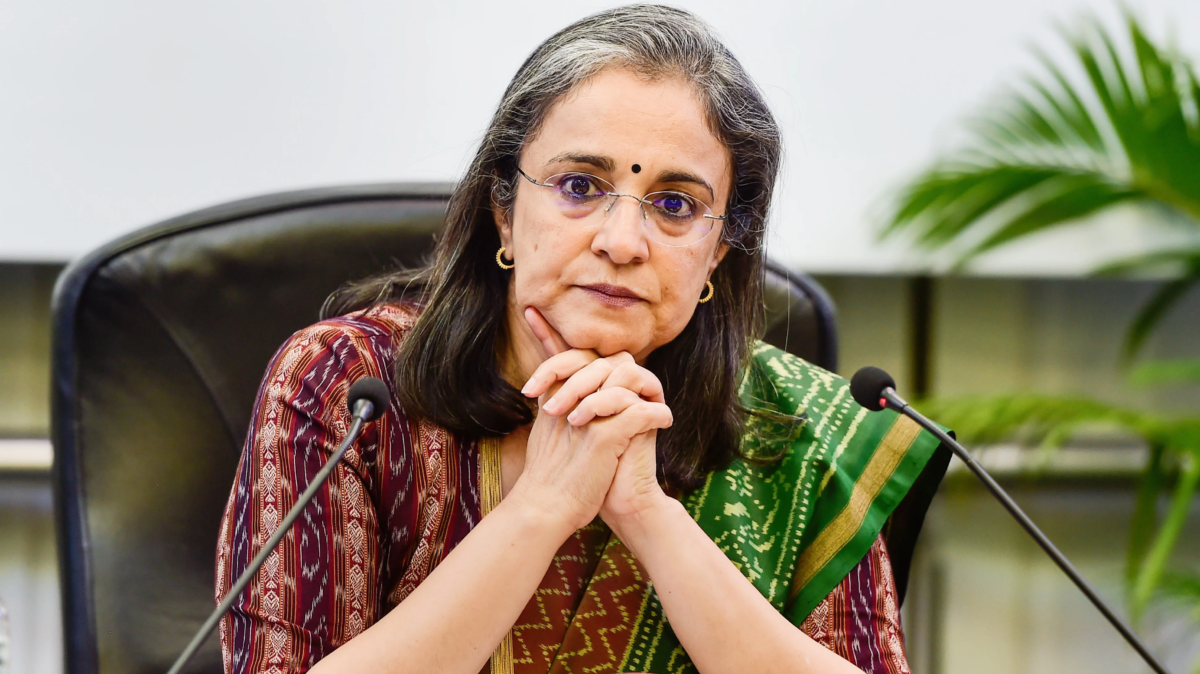A host of the world’s wealthiest individuals, collectively worth $1.2 trillion, gathered to witness the inauguration of President Donald Trump. The event, held Monday, attracted four of the five richest men globally, their combined wealth representing nearly one-third of India’s GDP, which stands at $3.55 trillion (nominal GDP in 2024: $3.89 trillion).
Billionaire attendees and their net worth
Bernard Arnault
The LVMH chief, with a net worth of $179.6 billion, according to Forbes, and the fifth-richest person globally, attended the inauguration with his family, marking a significant appearance by the wealthiest family in France.
Mukesh Ambani
India’s richest man, with a net worth of $98.1 billion, also attended the event, participating in pre-inauguration activities and a private meeting with President Trump. Arnault’s family, the wealthiest in France, and Ambani both attended various inauguration events.
Jeff Bezos
The Amazon founder and the world’s second-richest individual, with an estimated net worth of $239.4 billion, attended multiple inauguration events.
Mark Zuckerberg
Chief executive of Meta, worth $211.8 billion, was seen at various inauguration functions and co-hosted a pre-inaugural Ball reception.
Elon Musk
The Tesla CEO, holding the title of the world’s richest person, with a staggering net worth of $433.9 billion, played a pivotal role in supporting Trump’s election campaign.
The world’s three richest individuals, Bezos, Zuckerberg, and Musk, also participated in multiple inauguration morning activities.
Other high-profile attendees included
Sam Altman (OpenAI CEO) > Net worth: $1.1 billion
Tim Cook (Apple CEO) > Net worth: $2.2 billion
Miriam Adelson > Net worth: $31.9 billion
Rupert Murdoch (Former Fox News Chairman) > Net worth: $22.2 billion
Phil Ruffin(Casino executive) > Net worth: $4.7 billion
Howard Lutnick > Net worth: $1.5 billion
Vivek Ramaswamy> Net worth: $1 billion
Billionaires host inaugural ball
Several of these billionaires, including Zuckerberg, Adelson, Tilman Fertitta (Net worth: $10.2 billion), and Todd Ricketts (family net worth: $4.2 billion), co-hosted a pre-inaugural Ball reception.
Brian Armstrong, Coinbase CEO, was invited but hadn’t been seen at the swearing-in. Other high-profile figures, including Stephen Feinberg, Warren Stephens, Jared Isaacman, Steve Witkoff, Linda McMahon, and Kelly Loeffler, were reportedly offered positions in the administration.
Net worth of Donald Trump
Forbes estimates President Trump’s net worth to be at $6.7 billion, largely due to his stake in Trump Media & Technology Group, the parent company of Truth Social.
Billionaire wealth vs global economies
The combined net worth of these attendees is nearly one-third of India’s GDP, which ranks as the world’s fifth-largest economy at $3.55 trillion. India, a rapidly growing economy, showcases how the wealth of a select group of individuals can rival the economic output of entire nations.
The wealth present at Trump’s inaugural events could rival some of the top economies. To put this into perspective, the nominal GDP in current US dollars for Indonesia, which ranks 16 globally is $1.48 trillion and the Netherlands, ranked 17, is $1.14 trillion.
The presence of such influential figures at the inauguration of a pro-business president signals potential shifts in economic policies and priorities.
Eqwires Research Analyst
Top-notch SEBI registered research analyst
Best SEBI registered Intraday tips provider
info@eqwires.com
Telegram | Facebook | Instagram
Call: +91 9624421555 / +91 9624461555
www.eqwires.com





